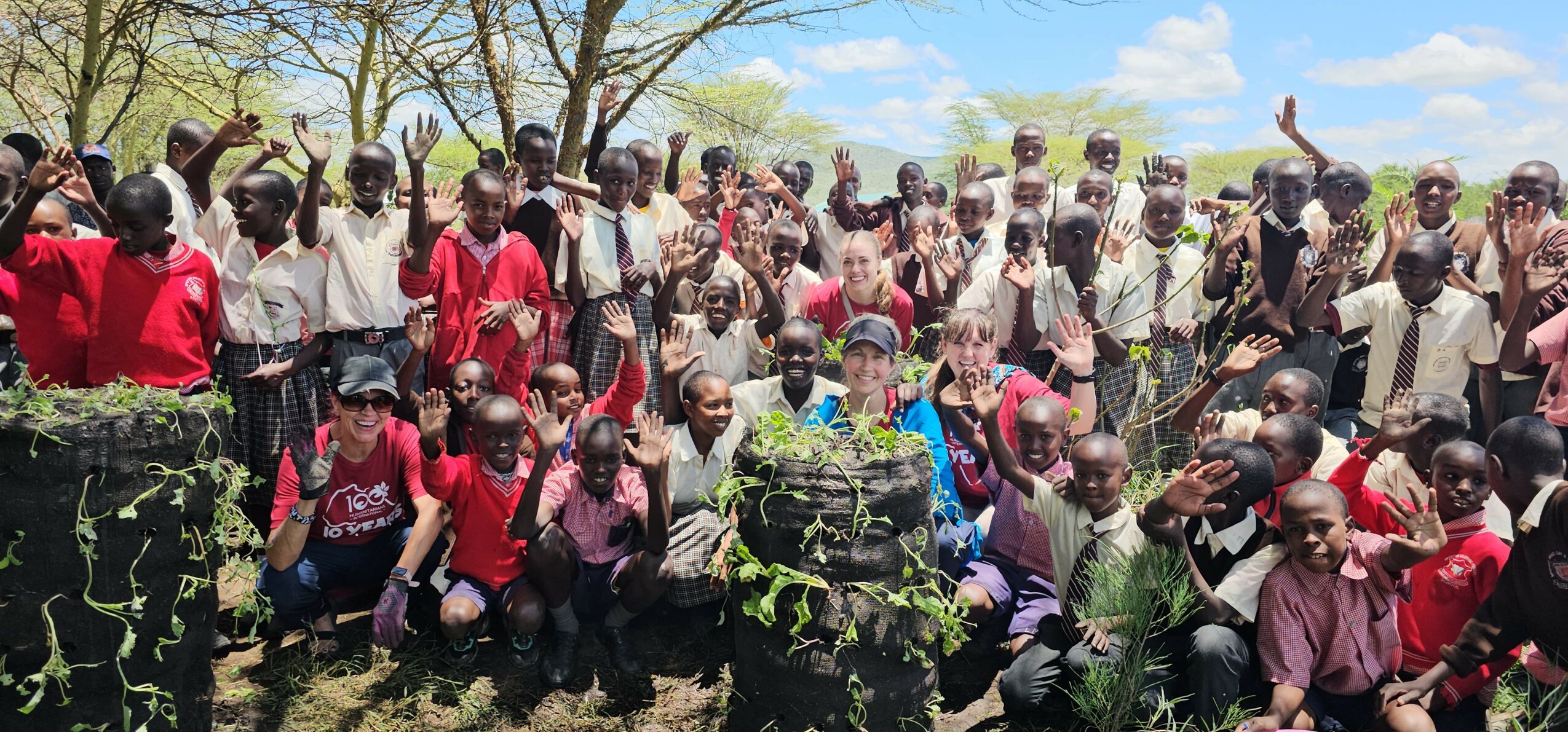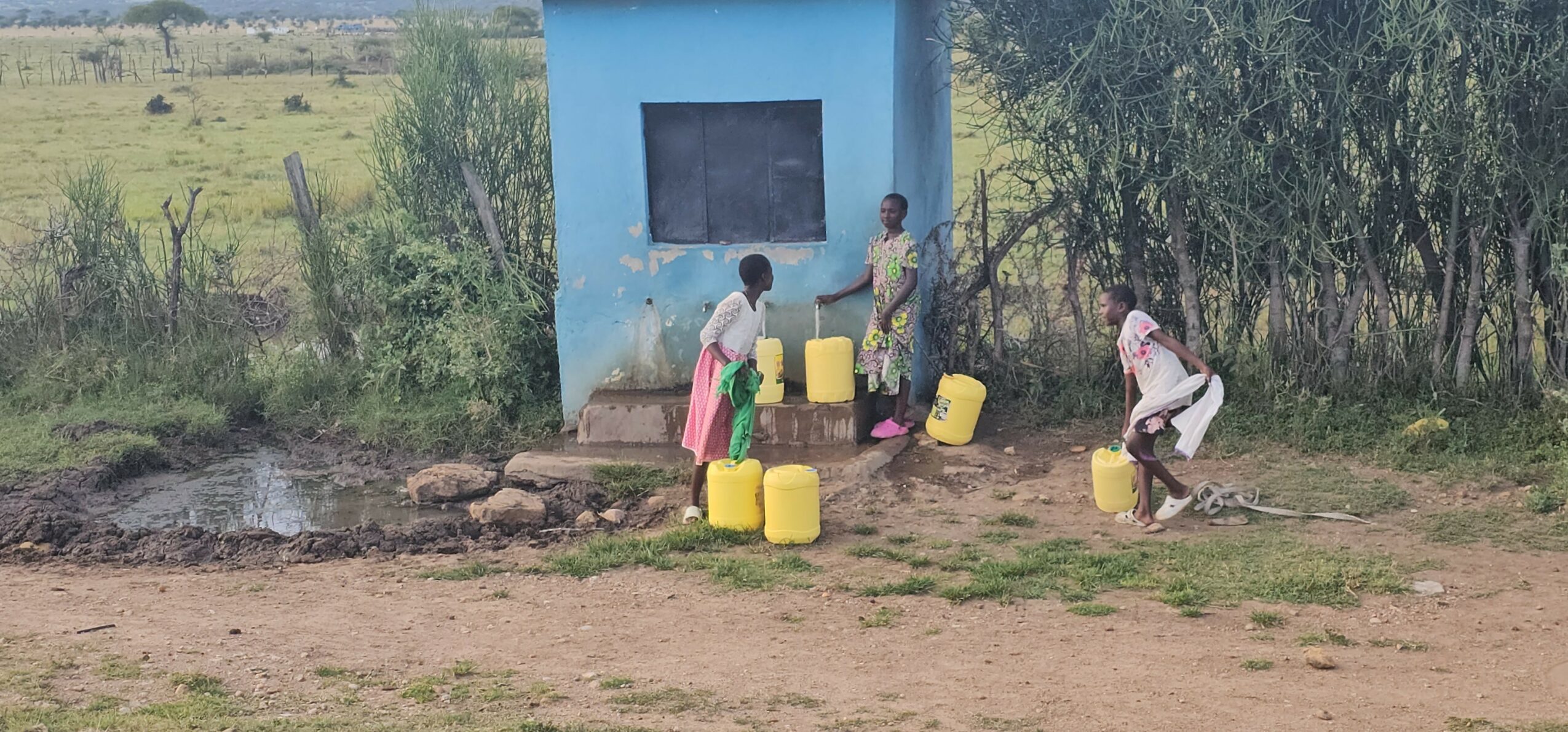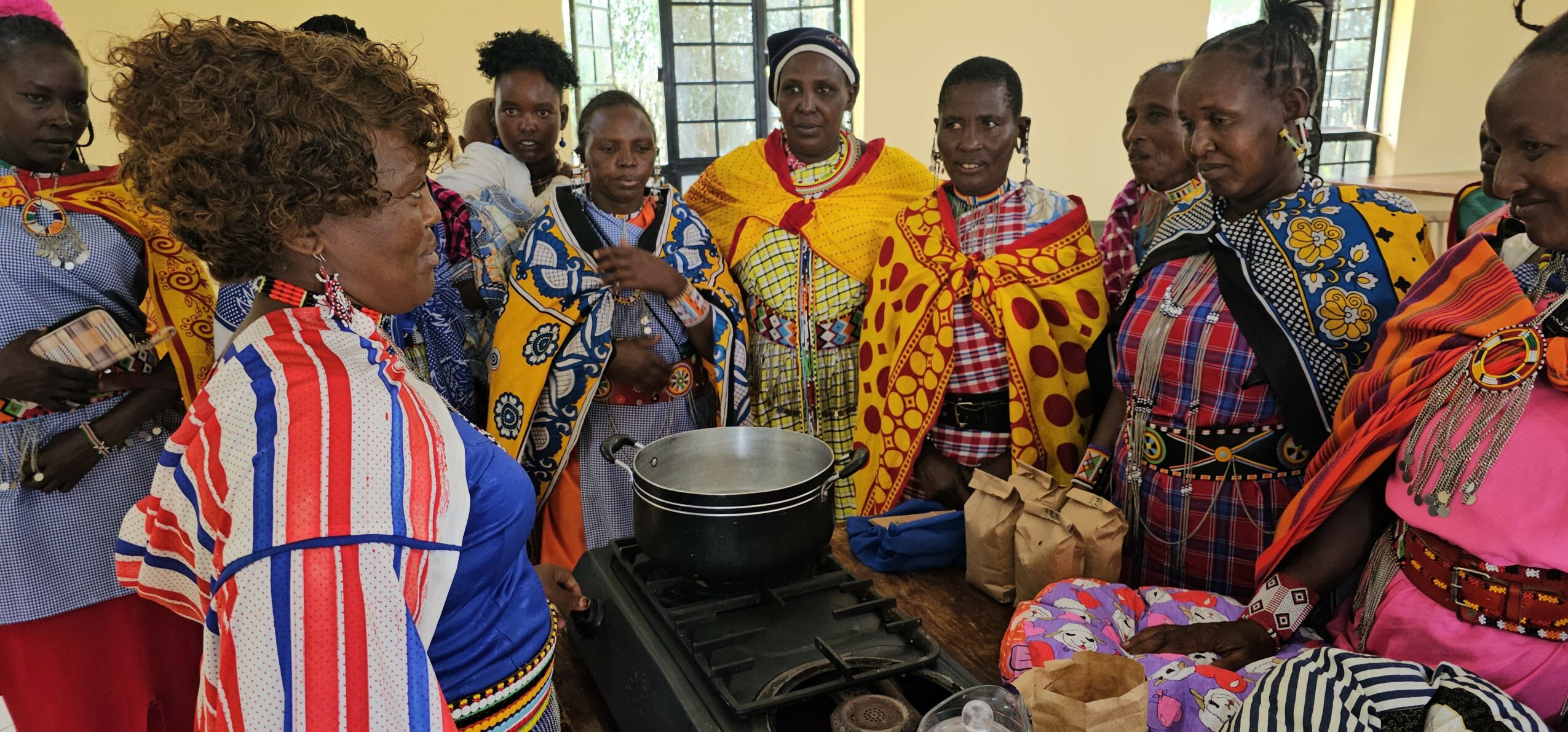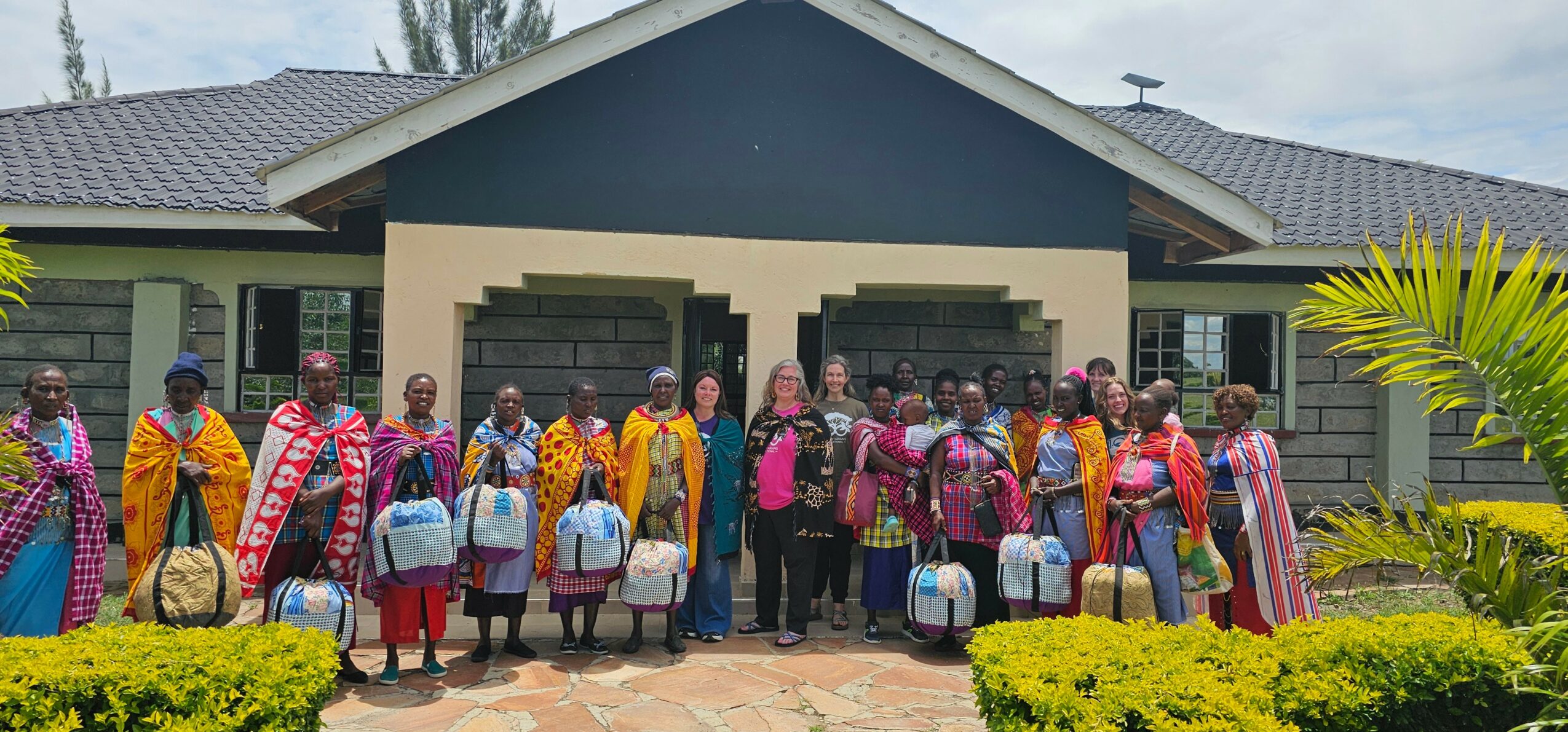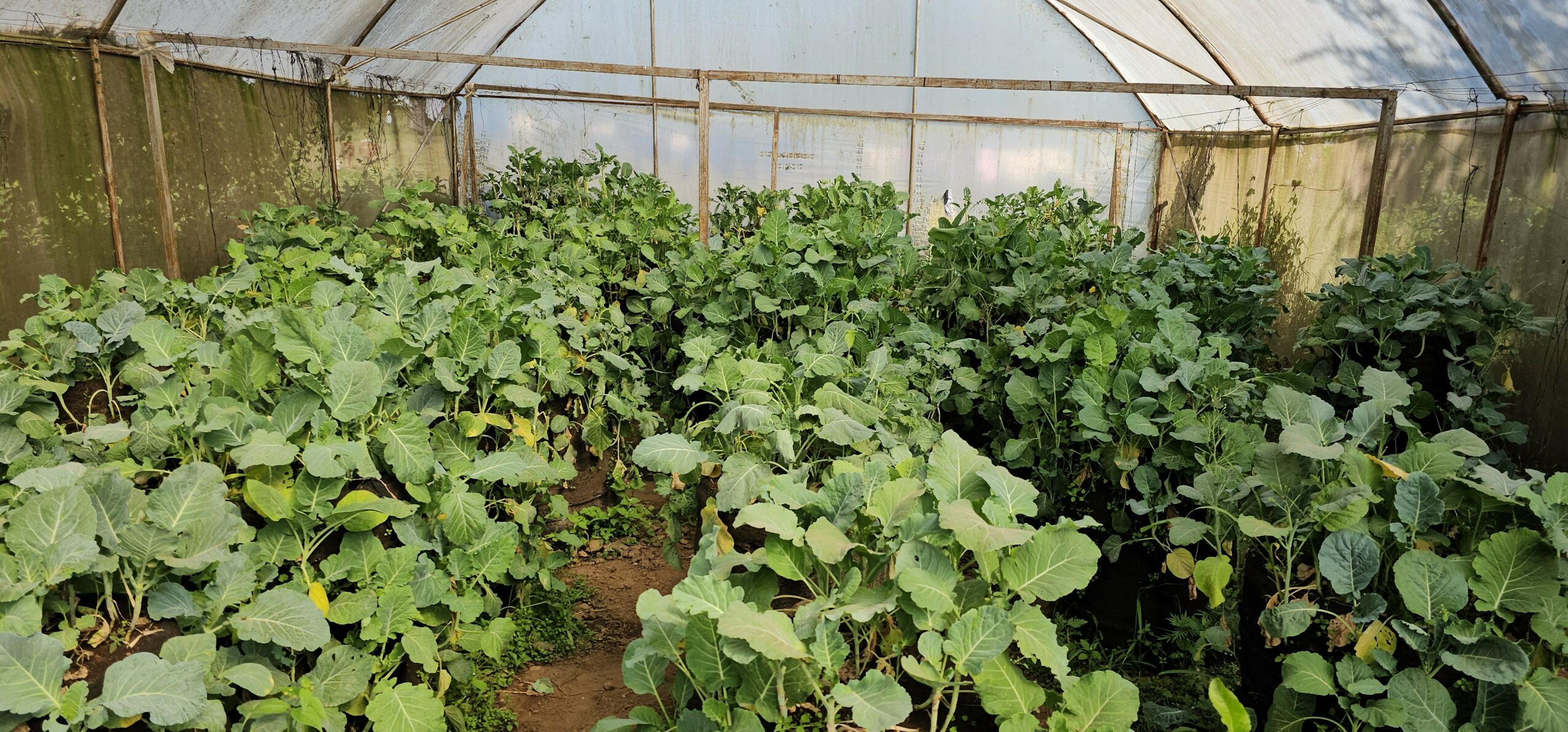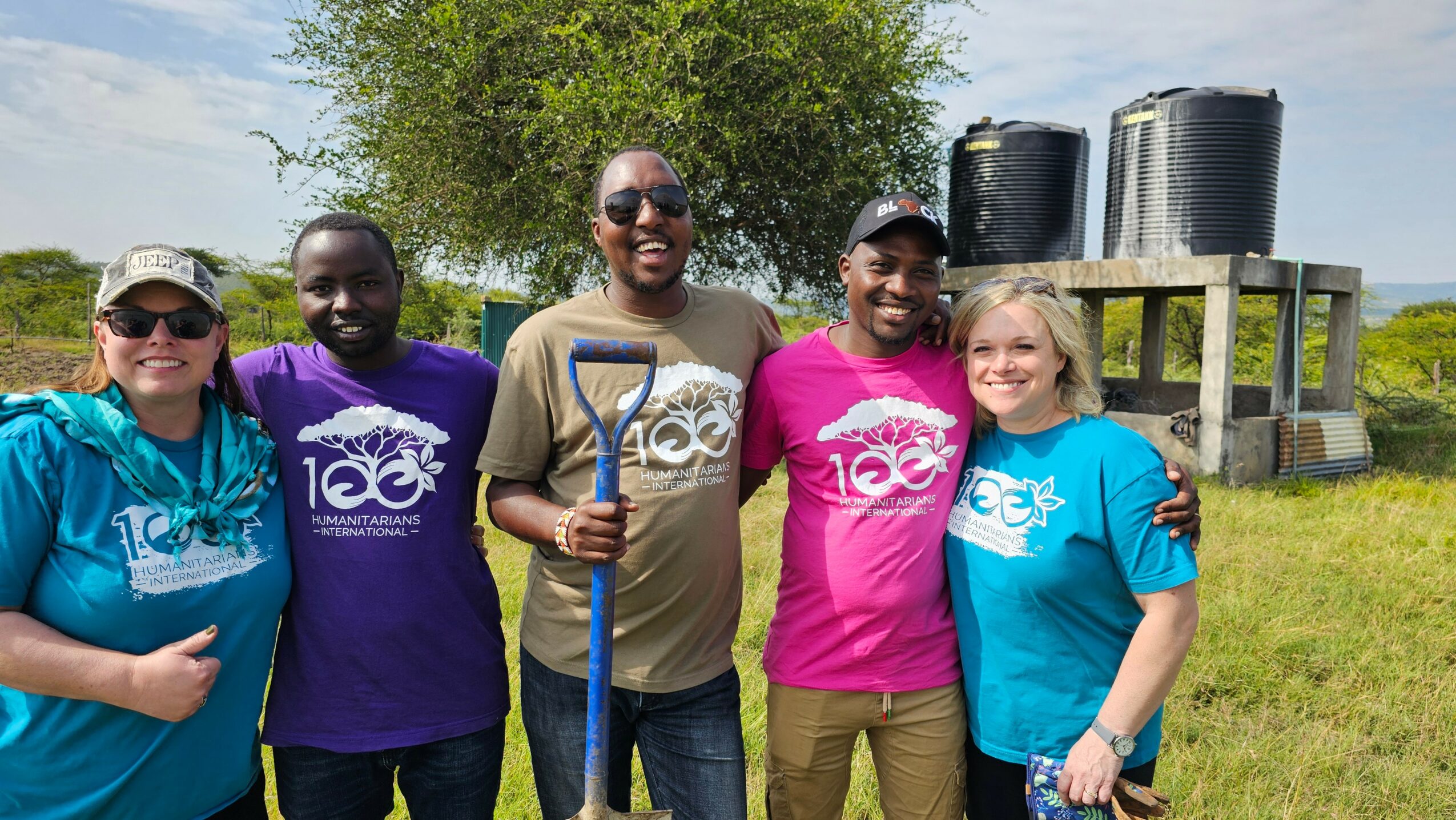

Today we’d like to introduce you to Heidi Totten.
Hi Heidi, so excited to have you on the platform. So before we get into questions about your work-life, maybe you can bring our readers up to speed on your story and how you got to where you are today?
A Decade of Determination: How One Woman’s Leap of Faith Sparked a Movement in Kenya
Ten years ago, Heidi Totten boarded a plane to Kenya after years of gentle (and not-so-gentle) nudging from friends who insisted she just had to go. At the time, she had no idea that this trip would crack open her heart and completely reroute the course of her life.
As she stepped off the plane, something in her shifted. The connection she felt to the land, the people, and the purpose was immediate and undeniable. Just three months later, she followed a prompting that wouldn’t let her go: Start a Facebook group. Call it 100 Humanitarians.
At the time, it sounded crazy. There was no plan, no structure—just a name and a feeling that somehow, this was the beginning of something important.
Building Something From Scratch
The journey from one Facebook group to a full-fledged 501(c)(3) nonprofit wasn’t smooth or glamorous. As Heidi later wrote in her memoir, My Maasai Name is Nemparnat, the road was paved with uncertainty, doubt, and a lot of hard lessons. There were nights of sleeping on floors, brushing teeth with bottled water, and figuring out how to lead projects in a culture completely different from her own—all while facing the emotional weight of witnessing extreme poverty up close.
The name Nemparnat—which means “one who lifts others” in Maasai—was given to Heidi by the community she came to serve. But living up to that name didn’t come without sacrifice. There were moments she wanted to quit. There were years where funding was tight, volunteers dropped out, or projects didn’t go as planned. There were communication breakdowns, logistical failures, and deep personal burnout.
But through it all, the mission never wavered: To walk alongside families in Kenya as they rise out of poverty with dignity, resilience, and self-reliance.
Four Pillars of Lasting Change
From that messy, beautiful beginning, 100 Humanitarians International has grown into an organization grounded in four core pillars:
1. Sustainable Food
One of the most impactful innovations has been the Garden Tower—a vertical garden made from heavy-duty shade fabric. Families are trained and given stewardship over their towers, which allow them to grow spinach, kale, and other essential vegetables year-round. Over 12,000 families now have access to more consistent nutrition and the ability to sell surplus at local markets.
2. Education
In rural Kenya, education is often the first casualty of poverty. 100 Humanitarians provides school fees, supplies, and mentorship for students—especially girls who are most at risk of dropping out. In addition, the organization supports skills development programs for women, teaching practical trades that create income-generating opportunities.
3. Clean Water
Water-related illness is still one of the biggest health risks for families in Kenya. To combat this, 100 Humanitarians has installed water storage systems now holding over 1 million liters of rainwater. The team has also led spring protection projects at 25 water sources, allowing communities to access clean water without walking for miles or facing contamination.
4. Health
Through its HopeKit Project, the organization has helped more than 10,000 women and girls manage menstruation with reusable feminine hygiene supplies—hand-sewn in Kenya. For many girls, this has meant staying in school, avoiding early pregnancy, and reclaiming their sense of dignity and autonomy.
The Lessons in the Struggle
What makes this story powerful isn’t just the success—it’s the struggle that shaped it. As Heidi reflects, “I didn’t know what I was doing. I just kept saying yes.”
She said yes to cold showers, broken roads, language barriers, and deep cultural learning. She said yes to messy emotions, uncomfortable truths, and reimagining what “help” actually looks like. She said yes to letting the people of Kenya lead the way, rather than imposing outside solutions.
And in doing so, she said yes to a new kind of humanitarian work—one rooted in respect, partnership, and long-term impact.
What’s Next?
As 100 Humanitarians enters its second decade, the vision is expanding. More families. More garden towers. More girls staying in school. More safe water. More hands-on expeditions that connect donors directly to the people they’re serving.
Alright, so let’s dig a little deeper into the story – has it been an easy path overall and if not, what were the challenges you’ve had to overcome?
Please refer to what I wrote previously.
Can you tell our readers more about what you do and what you think sets you apart from others?
At 100 Humanitarians International, we walk alongside families in rural Kenya as they rise out of extreme poverty—through sustainable, locally-driven solutions that focus on long-term impact, not short-term aid.
We specialize in empowerment through practical, scalable tools in four core areas:
Sustainable Food
Education
Clean Water
Health
Our most recognized innovation is the Garden Tower Project, a vertical growing system made from durable shade fabric that allows families to grow food year-round with minimal space and water. To date, we’ve distributed and trained over 12,000 families on tower farming, transforming nutrition, self-reliance, and family income.
We’re also known for our HopeKit Project—a hand-sewn, reusable menstrual hygiene solution that has allowed over 10,000 girls and women to stay in school or work without interruption, reclaiming their dignity in communities where menstruation is still a deeply stigmatized issue.
We’ve installed clean water storage systems that now hold over 1 million liters of water and protected 25 springs, reducing the daily burden of water collection and preventing waterborne illness. We fund school fees, skills training, and leadership development for students—especially girls—because we believe education is the bridge out of poverty.
What are we most proud of?
We’re most proud of the fact that everything we do is in partnership with local leaders. We don’t show up with outside solutions—we listen first, then co-create. Our Kenyan team directs the work on the ground, ensuring that solutions are culturally respectful, family-centered, and rooted in dignity.
What sets us apart?
We’re not a drop-and-run nonprofit. We build long-term relationships. We take people to Kenya—not just to observe, but to connect. We don’t just fund projects; we invite others to experience them. Our expeditions are immersive, hands-on, and transformational—for both the families we serve and the travelers who join us.
We’re small enough to be agile and personal, yet big enough to be building an enduring legacy. Our work is as much about healing human disconnection as it is about solving poverty. Because when you sit in a family’s home, laugh together, plant a garden together—you stop seeing the world in terms of “us” and “them.” You see one shared human story.
That’s what we do—and why we’ll never stop.
Do you have any advice for those looking to network or find a mentor?
I focus on finding mentors that will teach me specific skills that I need – typically in technology. I often meet entrepreneurs who hire mindset mentors, and then they are frustrated that their business isn’t growing. I’m a big advocate for women knowing how to run their own tech when they are running a business!
I attend networking events frequently, and I always focus on finding 3 people in the room to connect with afterwards. Fortune is in the follow-up! I’m also in a BNI group, which has become a great referral network for me.
Pricing:
- $3950 – $5000 for trips to Kenya with us
Contact Info:
- Website: https://100humanitarians.org
- Instagram: https://www.instagram.com/100humanitarians/
- Facebook: https://www.facebook.com/100humanitarians
- LinkedIn: https://www.linkedin.com/company/100humanitarians
- Youtube: https://www.youtube.com/@100Humanitarians
